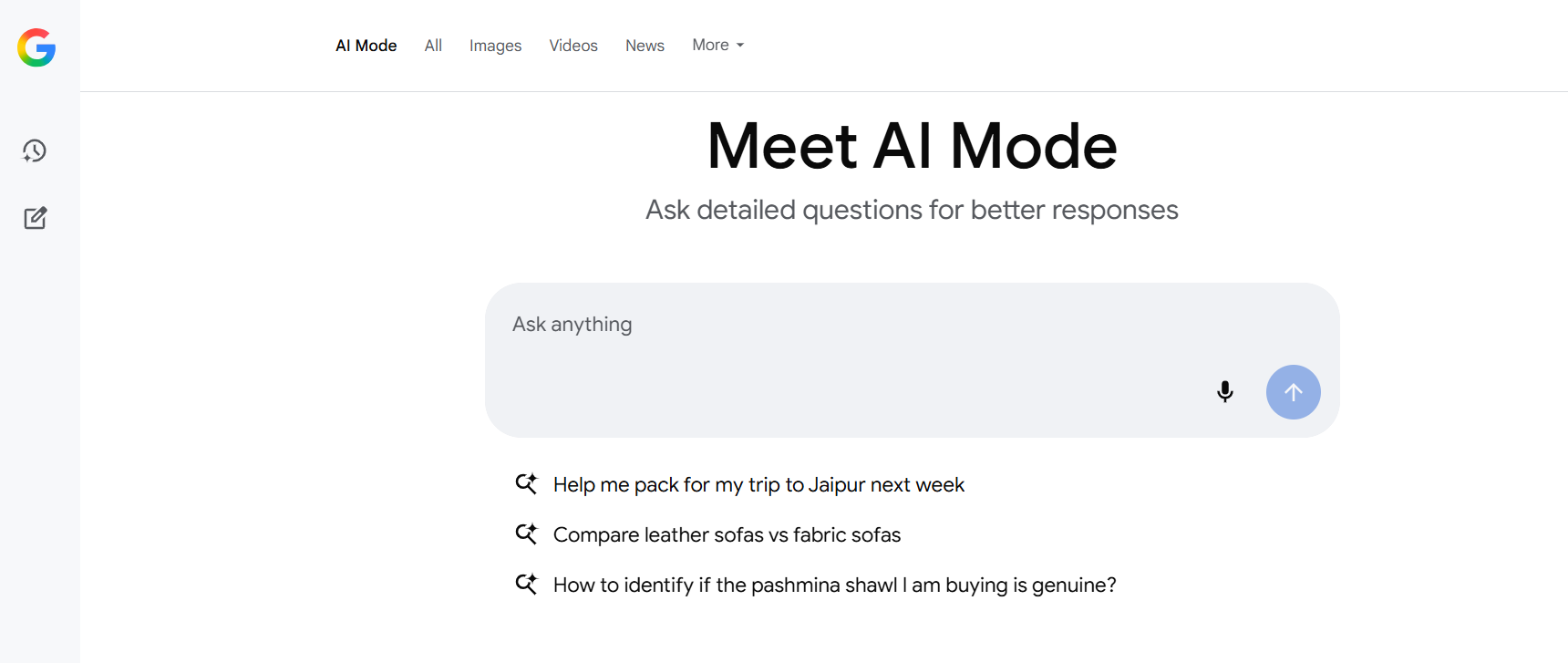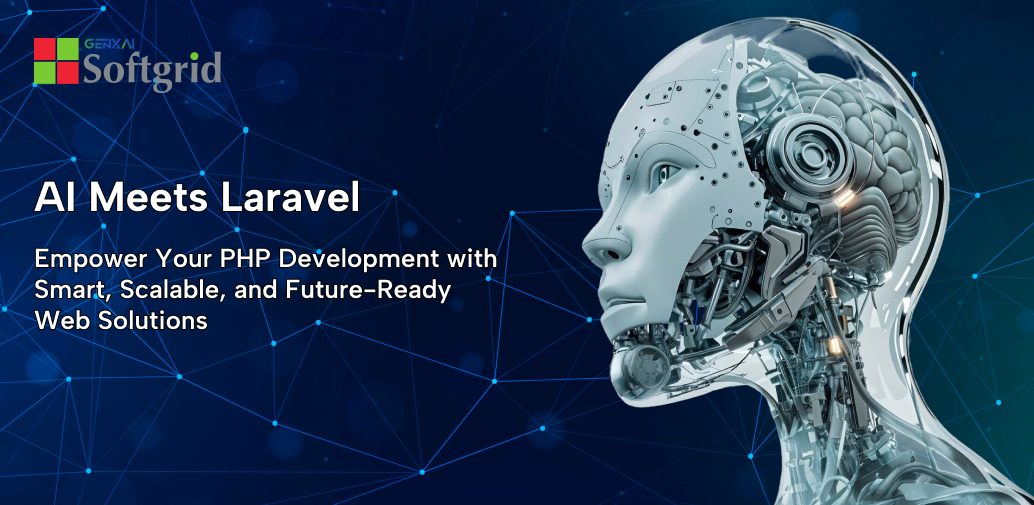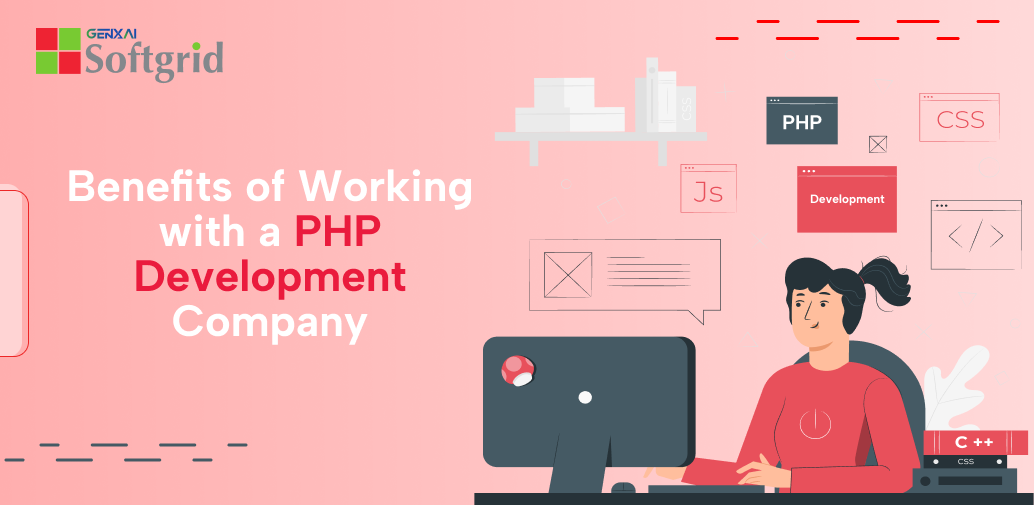Automation in the healthcare sector needs to be looked into especially considering the huge amount of data that is available in this sector. The healthcare industry cannot shy away anymore from fully implementing machine learning and artificial intelligence into its working. The CMS regulation will also compel the companies that have electronic health records to share data in a fashion that is more accessible.
With wearable devices and remote patient monitoring, it is becoming even more crucial to use AI and machine learning in the healthcare industry. The technology has the potential to bring about a revolution in preventive healthcare.
Automation in healthcare is vital and for that, healthcare executives need to be open about implementing the technology to offer the best solution to their patients. The tech developers on the other hand need to develop better solutions that will tempt the healthcare providers to use the technology. This is where Softgrid computers can help to offer robust and customized automated solutions in healthcare which offers a huge potential to save costs, enhance communication, and personalize the healthcare services.
AI and machine learning in healthcare
Automation in healthcare can make the process more streamlined and logical. The technology helps to reduce the time that is spent looking for information that can be critical for decision making and offering better healthcare. Automation in healthcare can offer a meaningful journey making healthcare more productive and effective, offering a robust experience to patients, and making the process organized and effective.
Automation in healthcare – The benefits
Here are some of the major benefits of adopting automation in the healthcare sector.
- Savings on labor – Using automation helps to replace the tasks that are manually intensive and mundane which can be a real-time saver. It also helps to elevate the employees into a higher functioning role that lets the healthcare industry make optimum use of them.
- Improves quality and ensures consistency – Automated tools are not subject to fatigue and human errors which in turn reduces the chances of deaths, complications, and also saves cost.
- Efficient communication – Automation reduces wastage and lets the nurse and the patient connect more efficiently.
- Makes outcome more predictable – When the care path is automated it is likely to stay on track towards the outcome predicted. If the patient deviates from the care plan recommended then the team can intervene to help.
- Manage a high number of patients – A nurse who is equipped with various automation tools can handle a large patient population at a single time. The automated platform also offers flexibility to scale up and down.
- Insights that are driven by data – Technology used to process automation is a storehouse of data that can be used for better performance and optimization. Automated systems collect data and use the information to make the program more efficient. With time the automated systems become more accurate.
So where can you apply automation in healthcare? Let us understand the two levels of automation namely the low-level and high-level automation.
Low-level and high-level automation
The healthcare tasks can be categorized as low-level and high-level tasks. The lower-end tasks are the repetitive duties like managing the review cycle, analyzing the scans, and other administrative work. Automation of these routine tasks certainly helps and with AI and machine learning, it is possible to find out patterns and recognition tools. This is a less risky procedure and has been prevalent in the healthcare industry for some time.
The low-level tasks are the no-brainer tasks that do not come with the risk of anything bad happening. Filing a claim is low risk and can be easily done by robots. However, what if a robot is designed to perform heart surgery? This involves huge risks which is the other side of the spectrum or the high-level of automation in the healthcare industry. It involves care coordination and care management assistance where the swaths of the patient data are analyzed to strategize the risk and to recommend preventive actions or a surgery that is AI robot-led.
An automated algorithm will not be able to take over the task of a physician and this is where there is the need for a human doctor to take the final action. While high-level automation does come with high stakes it can add a higher value to the industry. To run this high level of algorithm needs 100% accuracy every time. It is time-taking as one needs to work with specialists and providers to develop the tool. However, if automation is implemented in high-level healthcare tasks then it can add up to a high level of savings.
High-level healthcare tasks can work only with an improved algorithm
The main reason why healthcare is still not able to imbibe automation in the high-level functions is because the algorithm is not trusted. The black box algorithm is where you put in data and get the output that makes no sense to you. If it is not possible to see how the algorithm made the decision it becomes a challenge for the healthcare provider as well as the patients to have confidence in the result. AI that you can trust has been something that the healthcare industry was seeking for a very long time and the good news is that today we do have an ANSI-accredited standard to judge the trustworthiness of the algorithm. The algorithm used in automation is transparent and explainable which builds confidence in it. So instead of just throwing out an output the algorithm also provides a complete explanation as to how it arrived at the solution.
Conclusion
Incorporating these high-level and reliable algorithms will make it possible to embrace high-level automation tasks in the healthcare sector. With advancements being made and algorithms becoming more explainable it will be possible to use AI and machine learning in high-level healthcare tasks.
While automation has swept over almost every industry, healthcare is still lagging behind. An increase in competition and an interest in reducing costs and creating high-value savings is what has got the attention of automation in the healthcare sector and brought it into the spotlight. Automation in the healthcare sector is the future that promises to make healthcare feasible, sustainable, scalable, and also economical.

 Web and Full Stack
Web and Full Stack CMS and Frameworks
CMS and Frameworks Online Marketing
Online Marketing Cloud Services
Cloud Services ECommerce
ECommerce Mobile
Mobile



